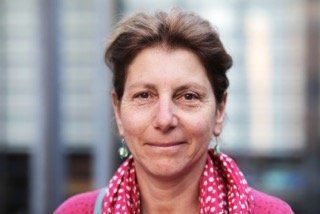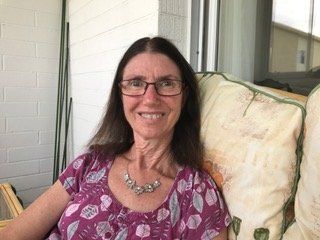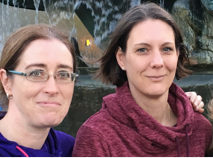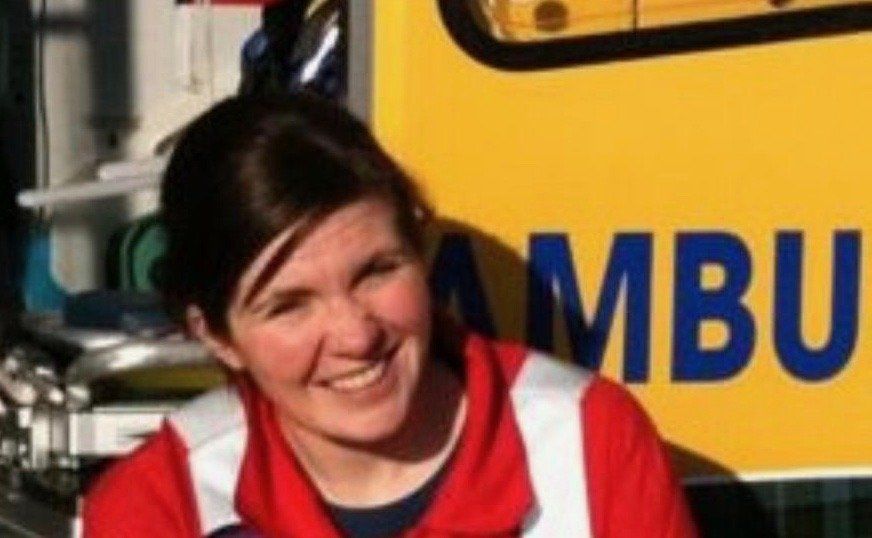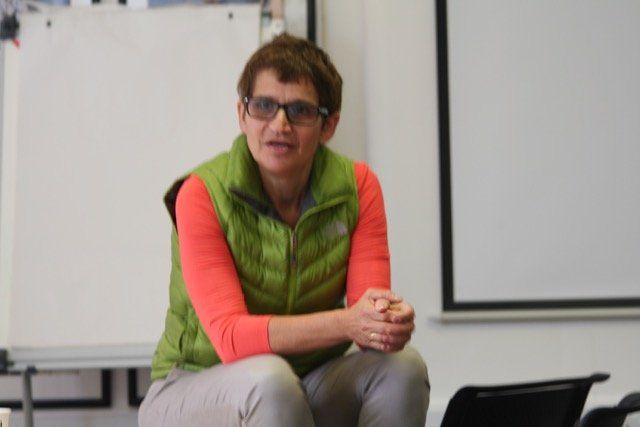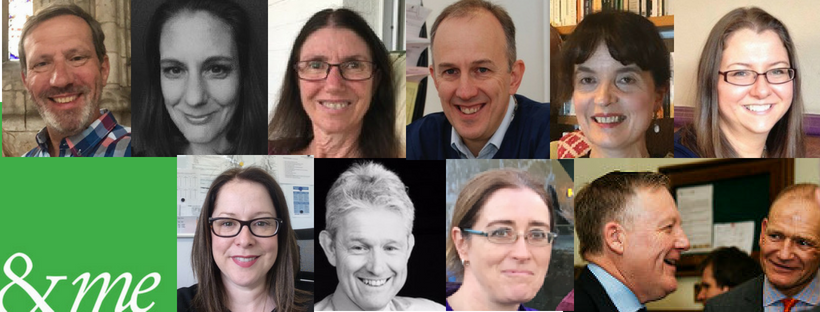Dr Louise Freeman - reflecting on why NOT volunteering is the right decision for me
- by Louise Freeman
- •
- 09 Apr, 2020
- •
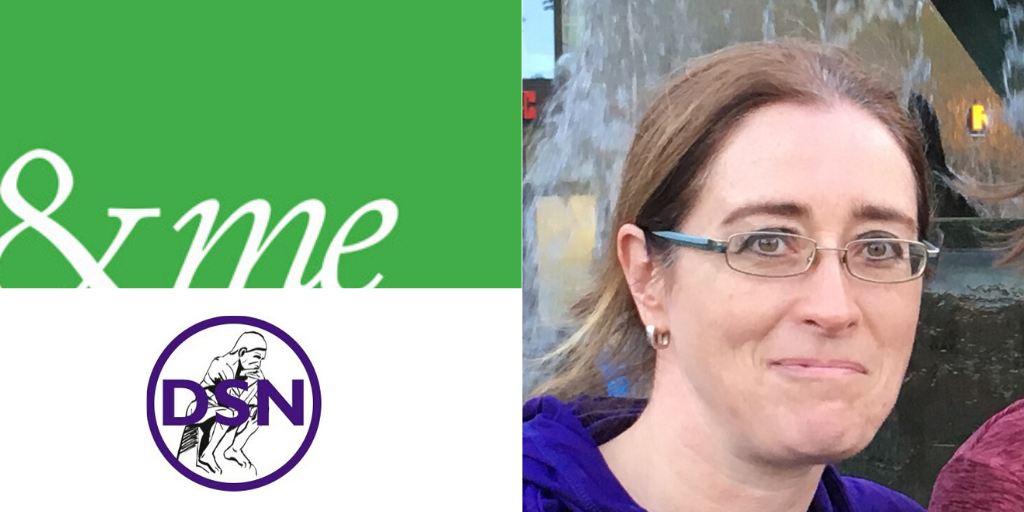
Dr Louise Freeman is the co-chair of the Doctors' Support Network. Here, she talks about why prioritising your own health can feel difficult in times of crisis such as the coronavirus pandemic.
'...if I am not fit to return to the NHS under normal conditions (I am not), then I am definitely not fit to do so now.'
'I know that I am not the only doctor feeling uncomfortable about not volunteering in the coronavirus pandemic. I have a long -standing interest in physician health – in particular our own mental health – and, in this context, I’ve noted similar concerns from other doctors who aren’t currently working in the NHS.
My background is that I previously worked as a consultant in emergency medicine in the NHS (and have anaesthetics experience albeit from many years ago). I no longer work in this role after the handling of my return to work from a bereavement reaction resulted in a major depressive episode after which my NHS contract was terminated. I currently work in a non-clinical part-time role outside the NHS.
What would I need in order to consider returning to the NHS?
If I was to consider returning to the NHS, much planning and discussion would be required to achieve a suitable phased return and update of my clinical skills. Mentoring and specific occupational health support would be required, as well as close liaison with my own doctor and psychiatrist, in order for my return to have any chance of succeeding without unduly jeopardising my own health.
The bottom line however regarding whether I should consider returning to acute medicine during the pandemic is that, if I am not fit to return to the NHS under normal conditions (I am not), then I am definitely not fit to do so now. The current pandemic situation with approximately a quarter of the medical work force off sick or self-isolating, my own doctors fully occupied and occupational health currently inundated with enquiries (I hear) is not likely to fulfil my needs for a safe return.
This is a summary of my cognitive, rational thinking.
Emotionally however is another story
I currently feel thoroughly conflicted. The root of my discomfort is probably a long-standing and dysfunctional belief that my own well-being is secondary to that of patients and indeed everyone else’s. This is a common belief among health professionals and is intrinsically unhealthy. Dr. Clare Gerada of the NHS Practitioner Health Programme has a great saying ‘pull down your own oxygen mask first’ – I applaud and fully endorse this. If you’re not well yourself, you won’t be in any position to help anyone else. Another senior doctor explained to me that the bible commandment ‘love your neighbour as yourself’ does NOT say ‘love your neighbour INSTEAD of yourself’ yet the latter interpretation is how many health professionals end up feeling.
I am also aware that I would be likely to be able to work effectively for several weeks / a few months in the pandemic before becoming unwell – in my own recognisable pattern with poor sleep, low mood and increasing somatic symptoms of anxiety and depression. This really doesn't help when I'm feeling as if I 'should' be volunteering to help.
How to counter the uncomfortable emotional thinking?
I have done a lot of reflecting over the last several years since I was first unwell, and I am now much clearer about the importance of putting my own well-being first. I am still as likely to be caught out by instinctive thought patterns as anyone else, but I am now more likely to recognise and counteract them with logical reasoning.
I have found that I need to somewhat emotionally distance myself from the coronavirus pandemic and its impact on all of us but on the health service in particular – as opposed to reading and watching every news story and opinion.
I always find it very helpful to talk to sensible friends and family as is considering what advice I would offer to someone else in a similar situation. Many of us find it far easier to advise others than to treat ourselves with an appropriate level of compassion.
Offering praise and support to those currently working in the NHS
So, my role in the pandemic response is to applaud everyone working in the front-line NHS – all doing an amazing job in the most challenging health situation in a century. Not just doctors, of course, but all of the vital roles involved in keeping the health service show on the road. And I will continue to work in the voluntary sector as the co-chair of the Doctors’ Support Network.
I hope that this article is not read as advice on how anyone else should think or feel but merely as my reflection on the various pushes and pulls which any health professional in a similar position might be experiencing at the moment.
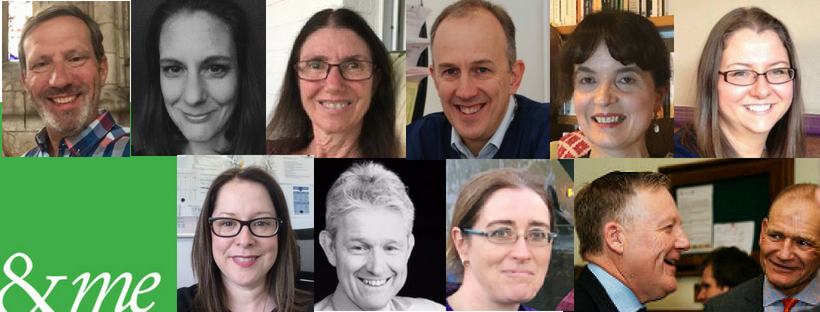
Find out more about our campaign and how you might get involved here




